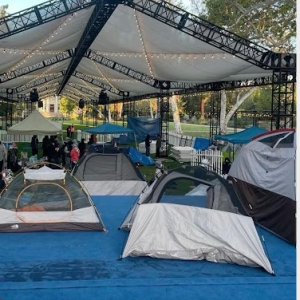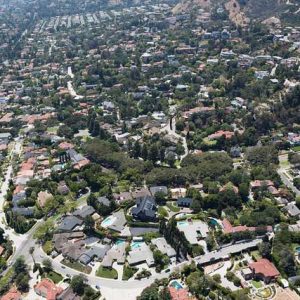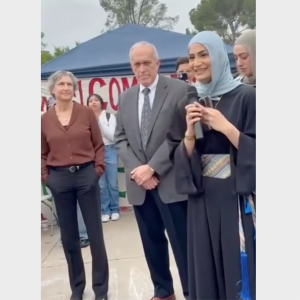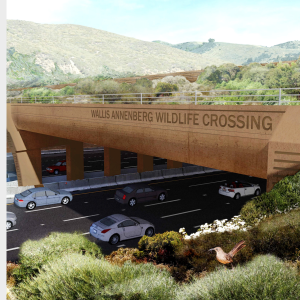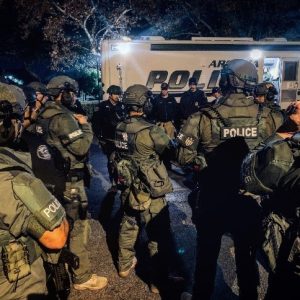 View Winners →
View Winners → California Successfully Concludes Field Test of New Assessments, State Schools Chief Tom Torlakson Announces
More than 3 million students participate in trial run of modern computer-based tests to be in place next year
Smarter Balanced Field Test has concluded, capping 12 weeks of test-driving new computer-based assessments that will be fully operational next year, State Superintendent of Public Instruction Tom Torlakson announced. More than 3.1 million California students-among four million nationwide-took part in the tryout of the new assessments.
“Thanks to this trial run, California’s students and schools are headed into our new assessments next year with confidence about what they can expect,” Torlakson said. “The field test gave us an opportunity to measure the quality of test items, determine our technological readiness, and experience a whole new way of testing. Now we know that the system as a whole is in very strong shape, and we know where local challenges lie in time to address them.”
Student responses from California, 20 other states, and the Virgin Islands will undergo a rigorous evaluation process to gauge the accuracy and fairness of the nearly 20,000 test questions before the Smarter Balanced assessment becomes operational in the spring of 2015. This is to ensure that the Common Core-aligned assessments are valid, reliable, and fair measurements of college- and career-readiness for all students.
The Smarter Balanced Assessment Consortium (SBAC) is enlisting participants who will help determine achievement levels, also known as performance levels, for each grade and subject area through both an In-Person Panel and an Online Panel. SBAC will convene approximately 500 educators from the member states to determine these levels.
Like other member states, the California Department of Education (CDE) and California higher education segments have recruited California educators to be included in the SBAC In-Person Panel. The selected participants will be assigned to a specific segment depending on their content area expertise, experience, and/or grade levels taught.
The Online Panel will allow for broad participation by parents, teachers, school and district administrators, college faculty and administrators, and business/community leaders. Participants must register prior to September 19 at the Online Panel for Achievement Level Setting Web page.
In addition, the CDE will be distributing post-testing surveys and conducting focus groups to provide a look into local educational agencies’ experience with the testing systems, best practices, and perceptions of readiness for online testing in 2015. Various stakeholders will be included in the surveys and focus groups, including district and county testing and technology coordinators, teachers, parents, and students. Results will help determine what additional resources or assistance might be needed to prepare for future online testing.
During this spring’s trial run, students in grades three through eight and most eleventh graders, plus a sampling of ninth and tenth graders, completed tests in English-language arts and mathematics based on California’s Common Core standards. The new standards were adopted by California in 2010 to encourage critical thinking, complex problem solving, and deeper knowledge of subjects.
Students also engaged in performance tasks, which were extended activities that measured their ability to integrate knowledge and skills across multiple standards-a key component of college- and career-readiness.
Each school had been assigned a six-week window during which students took the test that was estimated to take approximately 3.5 hours per student to complete. The test was administered over multiple sessions of 45-minutes each or in shorter or longer sessions as appropriate for the students and the school. No student, school, district, or statewide scores will be produced from this year’s assessment.
Rather than a sampling of students, California tested all of its eligible students, resulting in the largest field test by far of any participating state in the nation. The state had sought and was subsequently granted a waiver by the federal government in March that allowed it to forego the usual state accountability assessments thus avoiding a “double-testing” of its students.
For more information, please visit the California Department of Education Spring 2014 Smarter Balanced Field Test Web page or the Smarter Balanced Field Test Questions and Answers Web page. Additional information is also available at the Smarter Balanced Assessment Consortium Web site.
















































